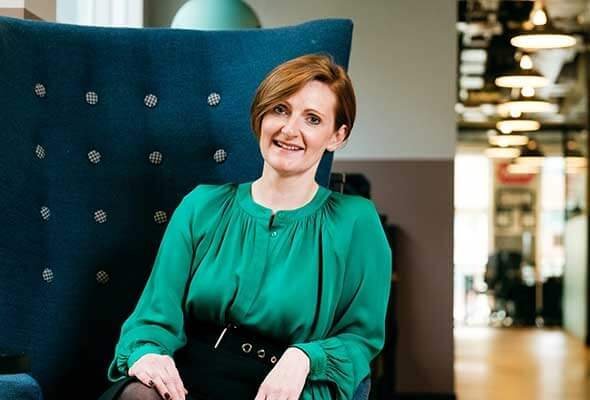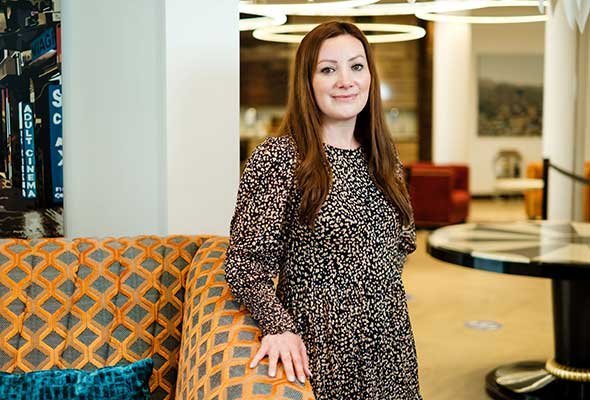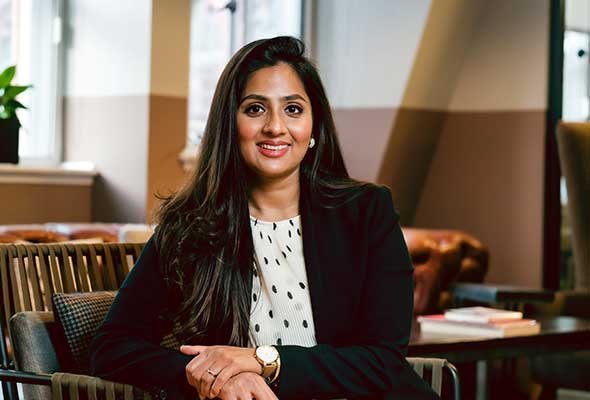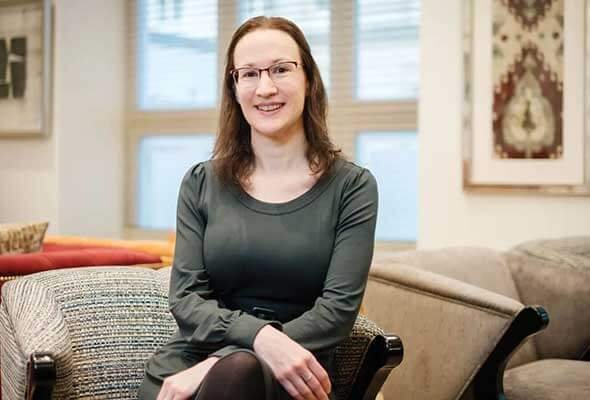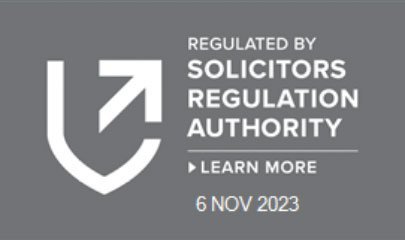Marriage or Civil Partnership?
You have taken the decision to tie the knot and legally bind yourself to another person, the next big question is which knot should you tie? Should you become civil partnered or married?

UNITED KINGDOM
LEADING FIRM
2021

UNITED KINGDOM
LEADING FIRM
2022

UNITED KINGDOM
LEADING FIRM
2023
Request a callback
Enter your details below and organise a no-obligation, confidential callback. We offer a low-cost, fixed-fee 20 minute consultation.
Marriage or Civil Partnership?
You have taken the decision to tie the knot and legally bind yourself to another person, the next big question is which knot should you tie? Should you become civil partnered or married?

UNITED KINGDOM
LEADING FIRM
2021

UNITED KINGDOM
LEADING FIRM
2022

UNITED KINGDOM
LEADING FIRM
2023

UNITED KINGDOM
LEADING FIRM
2021

UNITED KINGDOM
LEADING FIRM
2022

UNITED KINGDOM
LEADING FIRM
2023
Request a callback
Enter your details below and organise a no-obligation, confidential callback. We offer a low-cost, fixed-fee consultation.
Marriage or Civil Partnership?
You have taken the decision to tie the knot and legally bind yourself to another person, the next big question is which knot should you tie? Should you become civil partnered or married?
The two ways of joining are relatively similar so there is no obvious choice, it is entirely personal.
In the UK, marriage and civil partnership are both available to same-sex and heterosexual couples. They provide the same legal rights and obligations, such as the ability to obtain parental responsibility for a partner’s child and the right of next of kin in hospitals. Both have the same rights in terms of property and pension benefits and are also exempt from inheritance tax.
What is the Difference between marriage and civil partnership?
Although the result is largely the same, there are key differences in the ceremony and administrative aspects that may be fundamental to you as a couple, particularly regarding the involvement of your parents.
It is also important to note that married couples cannot call themselves civil partners and civil partners cannot call themselves married for legal purposes. So, it is important to make the right choice for you and your partner.
Marriage
Marriage is a union between two people who sign a legally binding marriage contract.
Historically marriage was only available to heterosexual couples in UK, but legislation allowing same-sex marriage came into force in 2014. This means that anyone who satisfies the following criteria can get married:
• Aged 16 or 17 with parental consent
• Aged 18 or over without the need for parental consent
• Not already married or in a civil partnership
• Not closely related.
The formation of a marriage is solemnised by saying a prescribed form of words. This is different from civil partnerships where there are no required words.
Marriages can be conducted through either a civil ceremony in a registry office or other approved venue, or a religious ceremony. If you would like a religious ceremony, the religious organisation must agree to solemnise same-sex couples according to its rites. Unfortunately, many religious bodies will not perform same-sex marriage.
Marriages are traditionally registered on paper and you sign the hard copy register held at the venue, as the final step in your marriage ceremony. This is different from civil partnerships, where the details are only recorded in an electronic register.
Civil Partnership
Civil Partnerships were introduced in 2004 to enable same-sex couples to form a legally recognised partnership and gain the same legal rights as married couples. Initially, civil partnership was only available to same-sex couples, but it was made accessible to heterosexual couples in 2019.
One of the differences that is very important to some couples is that the formation of a civil partnership is an entirely civil event. It is not currently possible to have a religious civil partnership formation. This does not mean that you and your partner cannot include religion if you wish to do so.
If your religion allows, you could hold a religious event, such as a blessing, following the formation of your civil partnership. It is also worth noting that the formation of your civil partnership can take place on religious premises, so long as the formation itself remains secular.
Another key distinction is that the certificate of a civil partnership includes the names of the mother as well as the father of each of the parties. Whereas, marriage certificates include only the name of the fathers.
Depending on your relationship with your parents and the involvement you would like them to have in your union, this could be a significant factor.
Ending Your Relationship
Although this is probably the last thing on your mind, you should be aware that how a marriage and civil partnership come to an end is a little different. When you end a marriage you apply to court for a divorce, when you end a civil partnership you apply for a dissolution. For both you must show that the relationship has broken down irretrievably by proving one of a number of facts, such as unreasonable behaviour (meaning that you cannot be reasonably expected to keep living with your partner) or a long separation.
Adultery cannot be used as a fact in dissolution, but it can be used as a fact in divorce for opposite-sex couples. It cannot be used by same-sex couples because the legal definition of adultery involves voluntary intercourse between two people of the opposite sex. However, divorce law is set to reform and this will eradicate the differences. From April 2022, all couples should be able to get divorced on the grounds that their relationship has broken down without the need to attribute blame or prove certain facts.
The Decision
The choice between marriage and civil partnership is entirely dependent on which one suits you and your partner’s wishes best. If traditional vows are important to you, marriage may be the preferred option. On the other hand, if you are more attracted to a civil event and would like your mother’s details recorded, you may prefer to have a civil partnership.
Whatever you decide, if you have pre-existing assets or children from a past relationship, we would always recommend that you and your partner prepare a nuptial or pre-civil-partnership agreement before you tie the knot. Read more about Pre-Nuptial and Pre-Civil Partnership Agreements.
Legal Advice
For legal advice relating to marriage or civil partnership, please contact Louise Allard or Sabrina Bailey on 020 7993 2936 or complete a contact form.
Get To Know
Testimonials




UNITED KINGDOM
LEADING FIRM
2021

UNITED KINGDOM
LEADING FIRM
2022

UNITED KINGDOM
LEADING FIRM
2023
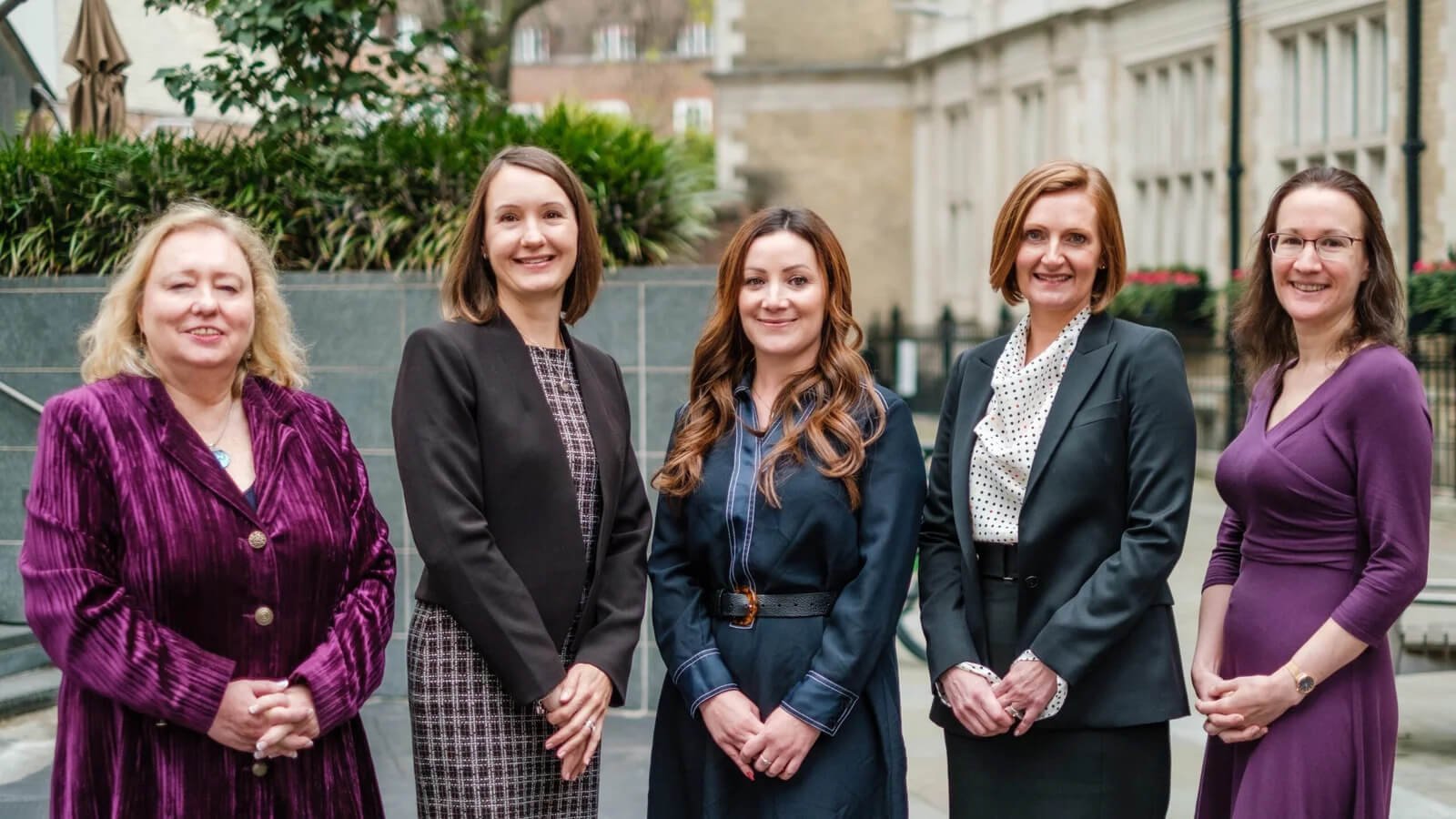

UNITED KINGDOM
LEADING FIRM
2021

UNITED KINGDOM
LEADING FIRM
2022

UNITED KINGDOM
LEADING FIRM
2023
About Us
As a specialist firm, we focus on all areas of family law and legal matters that affect private wealth.

Explore
Contact
Contact
info@allardbailey.com
(+44) 020 7993 2936
Head Office
3 Waterhouse Square,
138 Holborn, London, EC1N 2SW
Hertford Office
114-116 Fore Street, Hertford,
SG14 1AJ
Allard Bailey Family Law is a practice name of Allard Bailey Family Law Ltd, a company registered in England and Wales (no 10359344) and authorised by the Solicitors Regulation Authority (no 634271)
© 2024 Allard Bailey Family• All Rights Reserved

